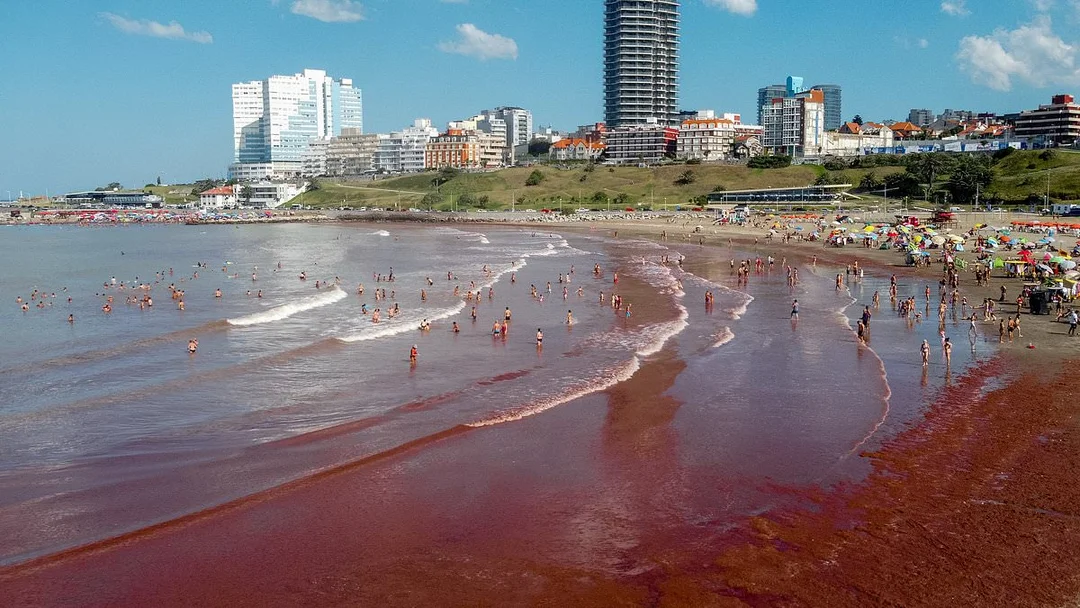
Florida Researchers Uncover Viruses Fueling Red Tide Outbreaks
Researchers in Florida have made a significant breakthrough in understanding the factors behind red tide outbreaks, identifying specific viruses that contribute to the intensification of these harmful algal blooms. The findings, published in recent studies, indicate that these viruses infect and kill the red tide-causing algae, Karenia brevis, leading to a release of toxins that exacerbate the blooms' impact on marine life and coastal ecosystems.
The research was conducted by scientists at the University of South Florida and other institutions across the state. Their work has shed light on the complex interactions within the marine environment, providing crucial insights that could lead to new strategies for mitigating the effects of red tides. The blooms, which turn the water red and release toxins harmful to fish, wildlife, and humans, have been a recurring issue along Florida's coasts.
This discovery is a step forward in managing red tide events, which have significant environmental and economic impacts, affecting tourism, fisheries, and public health. The next phase of research will focus on how these viral interactions can be manipulated to control or prevent future outbreaks, offering hope for more effective management of this persistent environmental challenge.